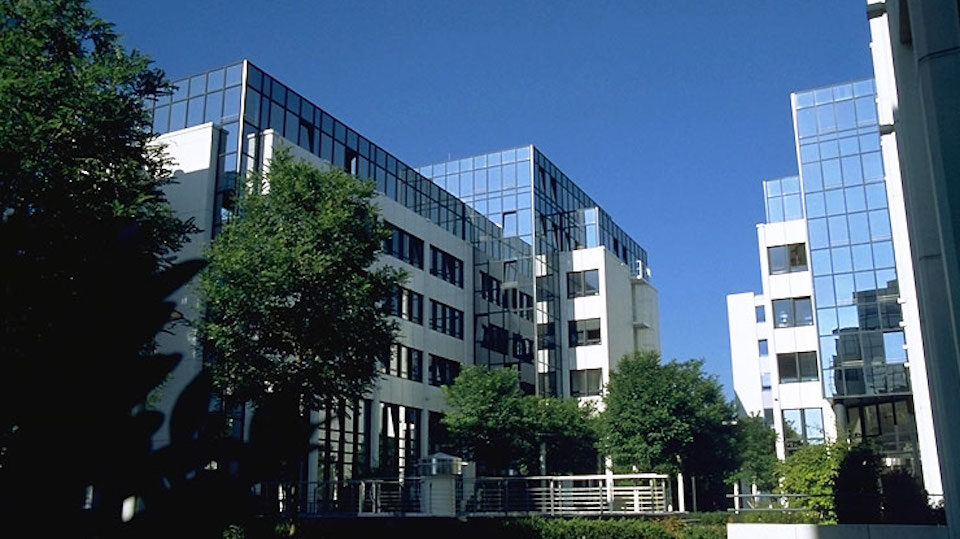Medigene AG, an oncology platform company focused on the research and development of T cell receptor (TCR)-guided therapies for the treatment of cancer, presented data on the newest addition to its End-to-End (E2E) Platform, an Interferon-Gamma (IFN-γ) Biosensor technology that allows real-time monitoring and quantification of IFN-γ release from cytokine-secreting cells at the Society of Immunotherapy of Cancer (SITC) 2024 Conference taking place in Houston, TX, USA from November 6-10, 2024.
“Release of IFN-γ is one of the most common parameters used to measure T cell or NK cell functionality. Current methods for detection of IFN-γ secretion have several drawbacks, including extensive hands-on-time and needs for expensive, temperature-sensitive reagents.
The IFN-γ Biosensor is an innovative tool within our E2E Platform that provides a simple, low-cost, cell-based alternative for quantification of secreted IFN-γ. This biosensor addresses limitations of current methods by reducing time, costs and complexity.
The biosensor cells can be added directly as third-party bystander cells to co-cultures of T or NK cells, thereby dramatically reducing assay steps while enabling a dynamic assessment of IFN-γ secretion over time, going beyond standard end-point assays,” – said Dolores Schendel, CSO of Medigene AG.

The presented poster displayed a direct comparison between the conventional standard method Enzyme-linked Immunosorbent Assay (ELISA) and the Company´s proprietary innovative IFN-γ Biosensor to determine IFN-γ release directly in cell co-cultures or in cell supernatants. The biosensor cells were generated to produce a green fluorescent protein (GFP) when exposed to IFN-γ and allow for quantitative analysis of the GFP fluorescent reporter signal
The IFN-γ biosensor demonstrated comparable sensitivity to ELISA, effectively detecting low levels of IFN-γ using standard measurement tools like flow cytometry and fluorescence readings. Detection was highly specific for IFN-γ, with minimal response observed only when exposed to exceedingly high levels of IFN-α or IFN-β, two other interferon types.
Further in vitro assays showed that the biosensor produced dose-dependent results comparable to ELISA, that were stable and sensitive to IFN-γ stimulation over extended co-culture periods. The addition of this process optimization technology to the Medigene End-to-End Platform significantly reduces costs and complexity while increasing speed and reproducibility when applied in high-throughput screening assays of T or NK cell functionality.
The time from assay completion to analysis of results was significantly reduced, providing faster data processing and is more efficient and streamlined when implemented in robotic workflows.
Overall, with its broad detection range, dynamic measurements over time, and high specificity, the IFN-γ Biosensor technology to provide a sensitive and efficient alternative that extends beyond a traditional ELISA for measuring T cell and NK cell functionality. Simple readouts using either flow cytometry and fluorescence readers-supports its easy integration in high-throughput workflows, cutting costs and handling times.
About Medigene AG
Medigene AG (FSE: MDG1) is an immuno-oncology platform company dedicated to developing T cell receptor (TCR)-guided therapies to effectively eliminate cancer. Its End-to-End Platform generates optimal 3S (sensitive, specific and safe) T cell receptors with unique and distinctive attributes that are utilized in multiple therapeutic modalities, such as T cell receptor engineered T cell (TCR-T) therapies, TCR-guided T cell engager therapies and TCR-natural killer cell therapies for both its in-house product pipeline and partnering.
Medigene’s lead TCR-T program MDG1015 is a potential best-in-class, TCR-T therapy to treat multiple solid tumor indications. The End-to-End Platform technologies enable armoring and enhancing of these T cells to overcome the immunosuppressive tumor microenvironment (TME) and ensure the T cell drug product composition maximizes safety, efficacy and durability of response. Medigene’s MDG1015 received IND approval in Q3 2024 and is filing for CTA in Q4 2024..
About Medigene’s End-to-End Platform
Medigene’s approach to immunotherapy harnesses the immense power of natural T cell receptors. By combining these TCRs with different components of the immune system such as T cells, natural killer (NK) cells or a CD3 complex (TCE, T cell engager), highly specific, sensitive and safe modalities are formed to either complement and/or activate the body’s defense systems against cancer.
Medigene’s comprehensive End-to-End (E2E) Platform is built on a foundation of proprietary and cutting-edge technologies, driving the development of highly specific TCR-guided therapies, including the latest advancements in TCR-T, TCR-NK and TCR-TCE drug products. The E2E Platform incorporates sophisticated TCR generation and optimization techniques, such as Allogeneic-HLA TCR Priming, and integrates advanced product armoring and enhancement features like PD1-41BB and CD40L-CD28 Costimulatory Switch Proteins, and iM-TCR.
In addition, the E2E Platform offers solutions to developing optimal cell therapy drug products for improved safety, efficacy and durability. Collaborations with partners like BioNTech, Regeneron and WuXi Biologics further underscore the platform’s capabilities and its potential to revolutionize cancer treatment.
Other posts featuring Medigene.


